10 Tips to Boost Your Practice Session
Sure, there are days when we are all inspired to pick up our guitars and play. But what about the other days?
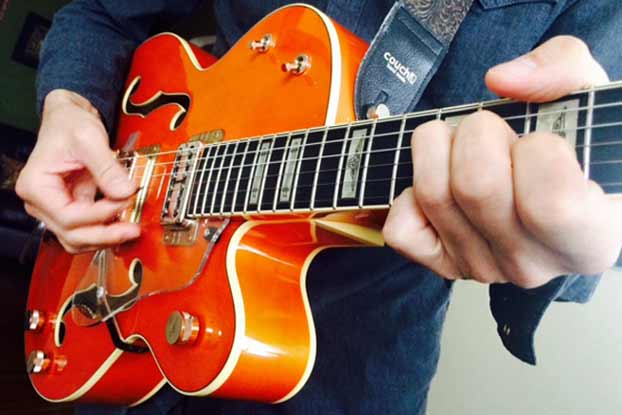
Many guitar players often struggle to find time—or simply feel the need to be inspired in order to practice their instrument. Sure, there are days when we are all inspired to pick up our guitars and play. But what about the other days?
Top 10 Ways to Boost Your Practice Session:
01. Remember that starting to practice guitar is similar to starting a car. It takes the most battery juice and power in order to actually start a car. Starting your practice session is no different. Once you pick up your guitar and get going, you'll be amazed how quickly sometimes the time flies.
02. When the inspiration strikes to pick it up and play, do not delay. Or keep the thought in your mind until you can actually grab a guitar. The universe sends us these little inspirational hints, and the best results happen when we follow them right away.
03. Organize your practice area. I keep my studio (where I also practice) clean and organized. Whenever I walk into it, everything is in its right place. It is simply a lot less stressful and more pleasant to be in. It hardly takes me more than a few minutes to find any piece of gear, a book or anything I might be looking for. I can't get anything done otherwise. It's hard for me to be in any place that isn't organized.
We process millions of thoughts in our heads without even being aware of them, so although it might seem that some things (or the way your practice area looks) "do not bother you," you'd be amazed what happens when things are right. There's a reason hotel rooms are clean and neat when you enter them. How would you feel if you walked into a messy hotel room? How do you feel when you walk into your practice room?
04. Revamp your practice area. Look around your walls and see what no longer feels right to you. Do some pictures seem outdated? Does the furniture or displayed CDs no longer represent you? I often re-arrange pictures and furniture to make the space look different. It energizes your mind.
05. Remember what you're practicing for. It's a lot easier to get to playing if you know why you are doing it. It can be as simple as, "I just want to play for an hour so my technique is maintained, or today I will write a new song, today I will learn a new guitar solo, I will come up with five new guitar licks, I will work on vibrato, etc."
06. Say GO! Yep, moving from "I should practice" to "I am now practicing" can simply be walked through by saying "go!" to let you know you have officially started to practice. If you want to practice an hour today, you know when it begins. It also helps to saying it out loud, and sometimes practicing takes on a new meaning.
07. Our guitars work in a funny way. Truth is, we don't need to play eight hours a day to get better. To be the fastest in the world? Well, if that's your thing, then yes. But to be better? No. As I have mentioned in one of my Guitar World columns, you can maintain your playing proficiency by playing anything fast for an hour a day. These can be solos, repeating a lick over and over, fast rhythms. Just remember to keep it going for an hour.
Sometimes you will get a free gift, what I call "breaking the barrier." What happens is that you keep playing and playing and pick it up the next day and the day after that. And all of the sudden, one day you are executing things with incredible ease. It's almost as if you cut off some chains that were holding you down.
08. There are no "plateaus." I hear guitarists tell me they have reached a plateau. And technically, generally speaking to guitarists worldwide, there are no plateaus in guitar playing. If you are not getting better, faster, smoother, you are getting worse. Sorry, it's that simple. Of course, you can do the hour of maintenance every day to keep your technical proficiency. But many guitar players I know don't do this. They either play or they do not. And although we are mostly referring to technical ability, the same could apply to the more "inspirational" side such as writing songs or riffs. You get better at writing songs, creating riffs or writing guitar solos when you do them often; which, again, brings us back to practicing doing these tasks.
09. Sometimes, in order to get practicing, you have to reach for some serious power tools. These can include listening to the CDs you love or watching YouTube videos of your favorite bands. Remembering what made you love the guitar in the first place will very often get you back on track.
10. Find a practice buddy and get together with them after school, work or during the the weekends. You want to look for some sort of routine. A practice friend will not only help, but also inspire you, especially if they seem to be getting really good at something. Remember that inspirations fade, but routines keep things going.
I will leave you with a quote from Muhammad Ali: "I hated every minute of training, but said, "Don't quit. Suffer now and live the rest of your life as a champion."
Polish-born Metal Mike Chlasciak has recorded or performed with heavy metal greats Rob Halford, Sebastian Bach, Bruce Dickinson and Axl Rose. Mike is the long-time guitarist for Judas Priest frontman Rob Halford's solo endeavor, Halford. Mike's new album, The Metalworker, is due in spring. For more info, check out his official website and visit him on Twitter.
Get The Pick Newsletter
All the latest guitar news, interviews, lessons, reviews, deals and more, direct to your inbox!
“There are so many sounds to be discovered when you get away from using a pick”: Jared James Nichols shows you how to add “snap, crackle and pop” to your playing with banjo rolls and string snaps
Don't let chord inversions bamboozle you. It's simply the case of shuffling the notes around

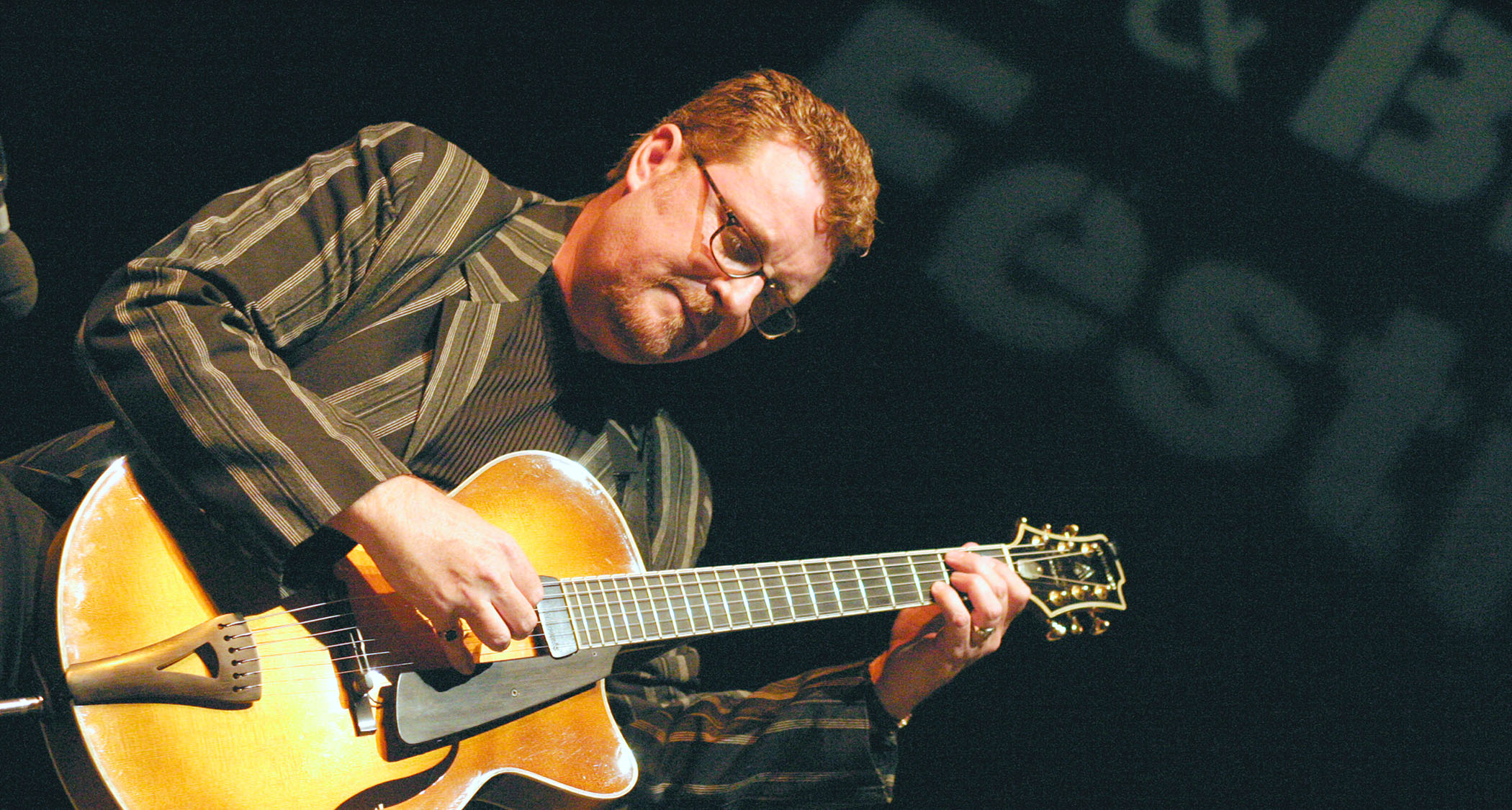

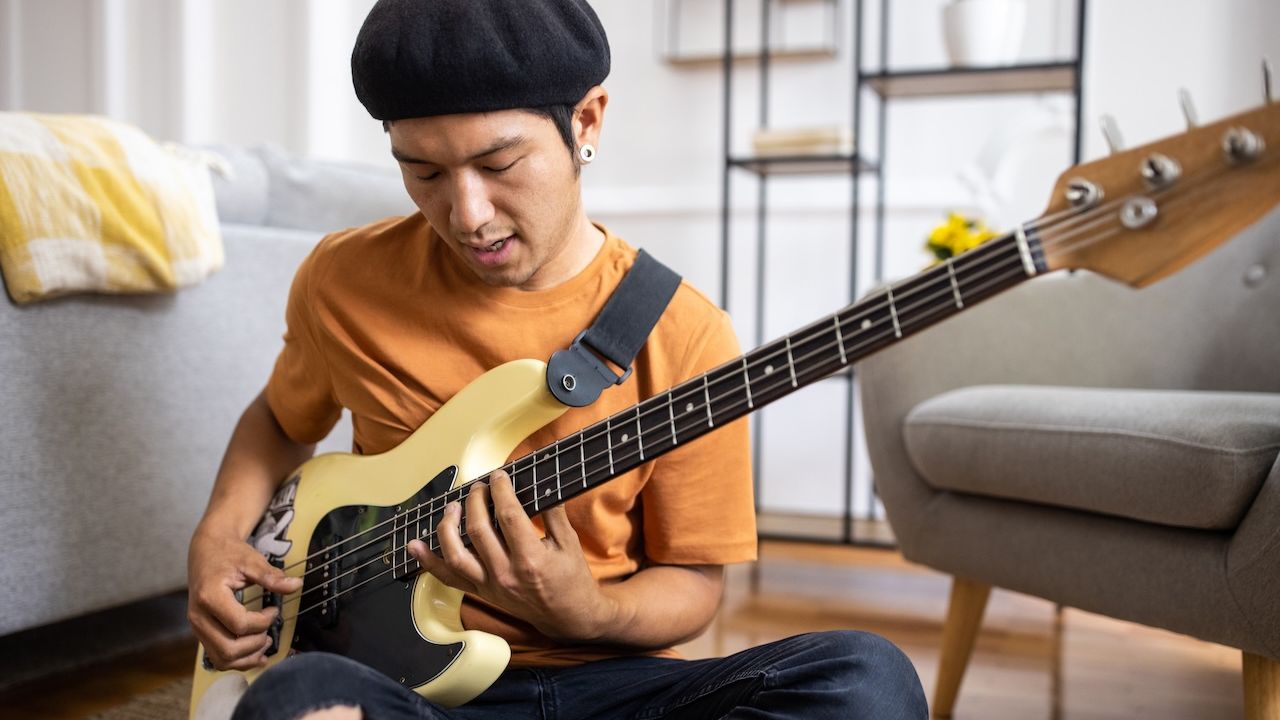
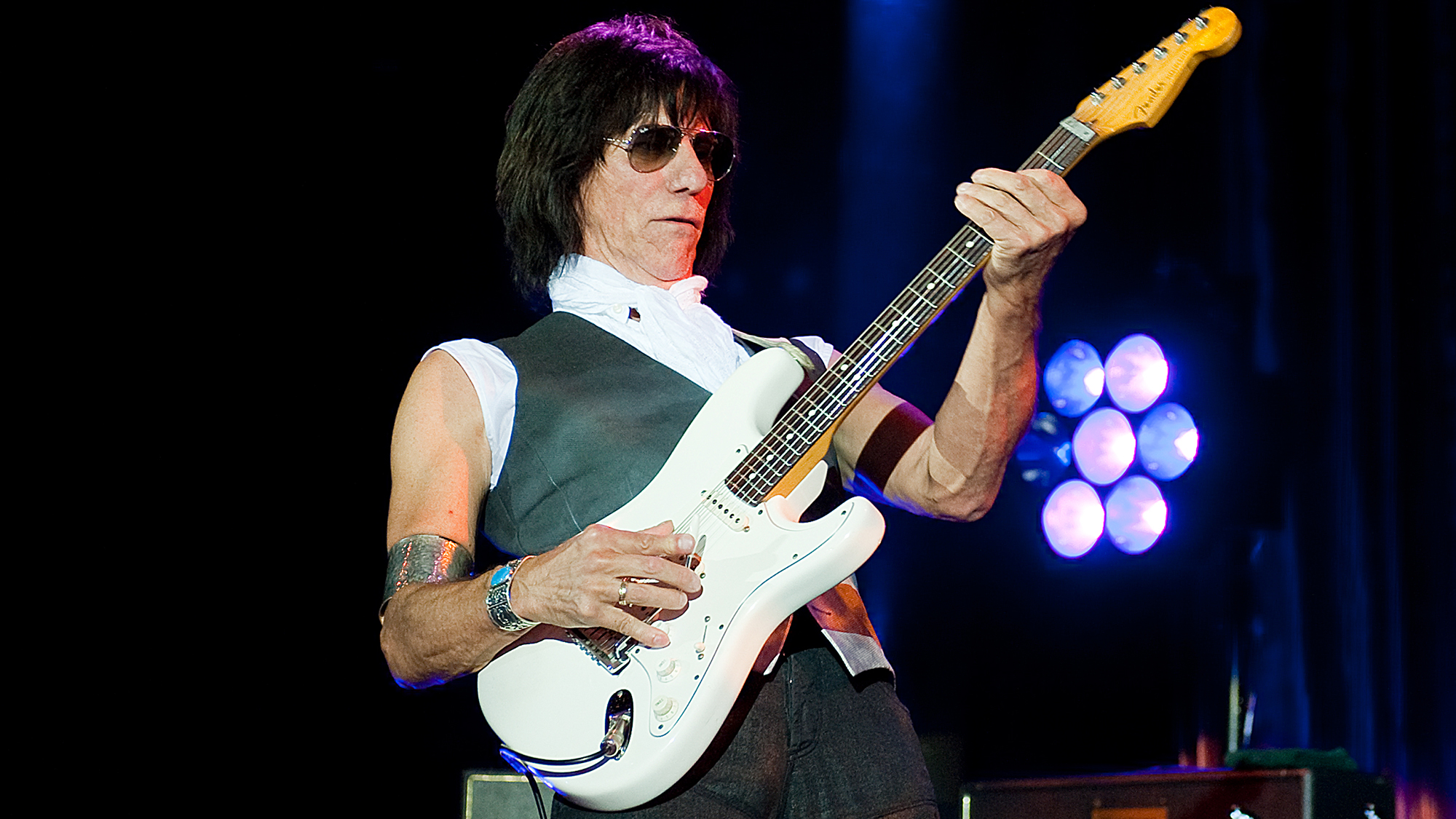
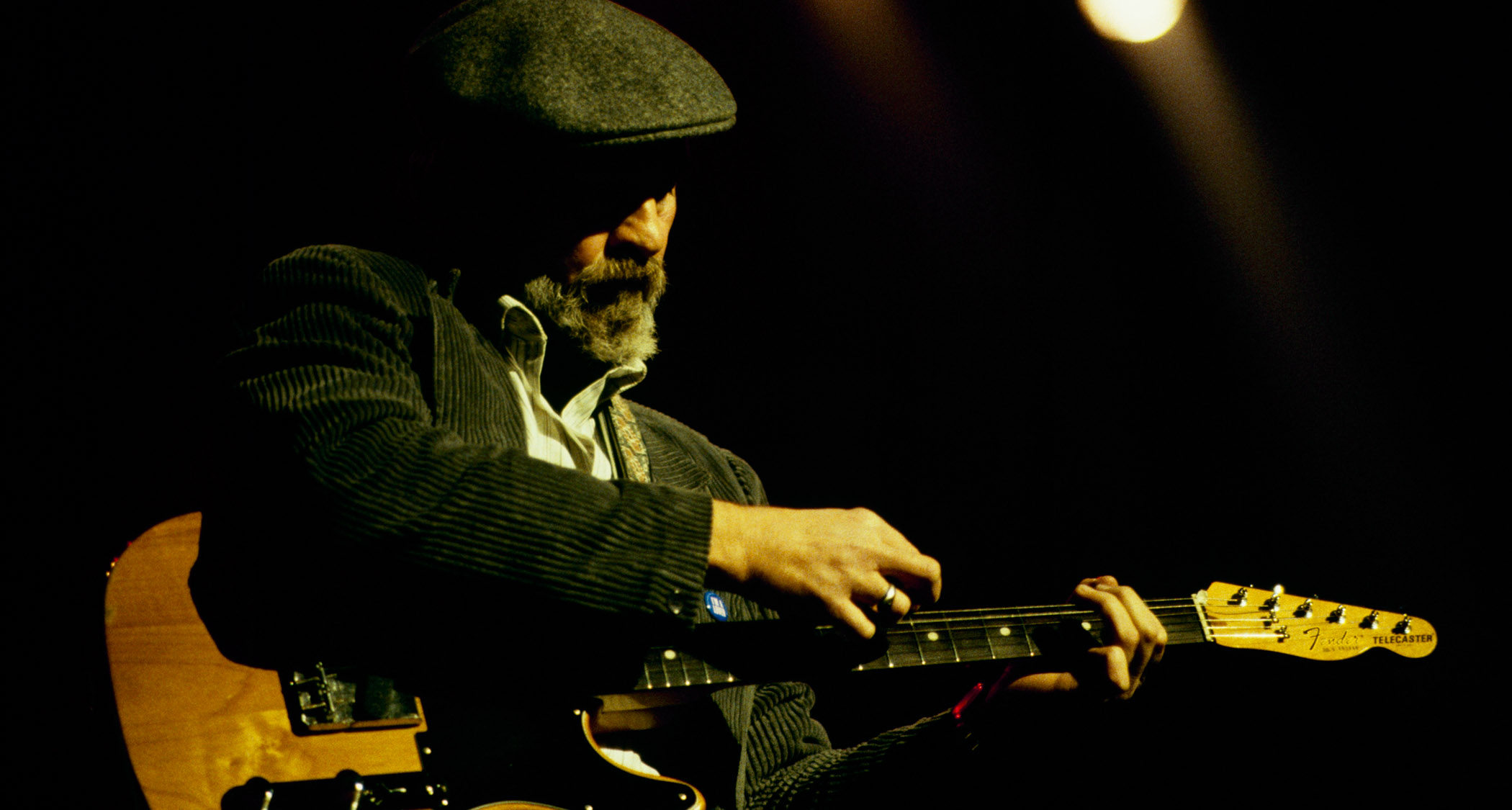
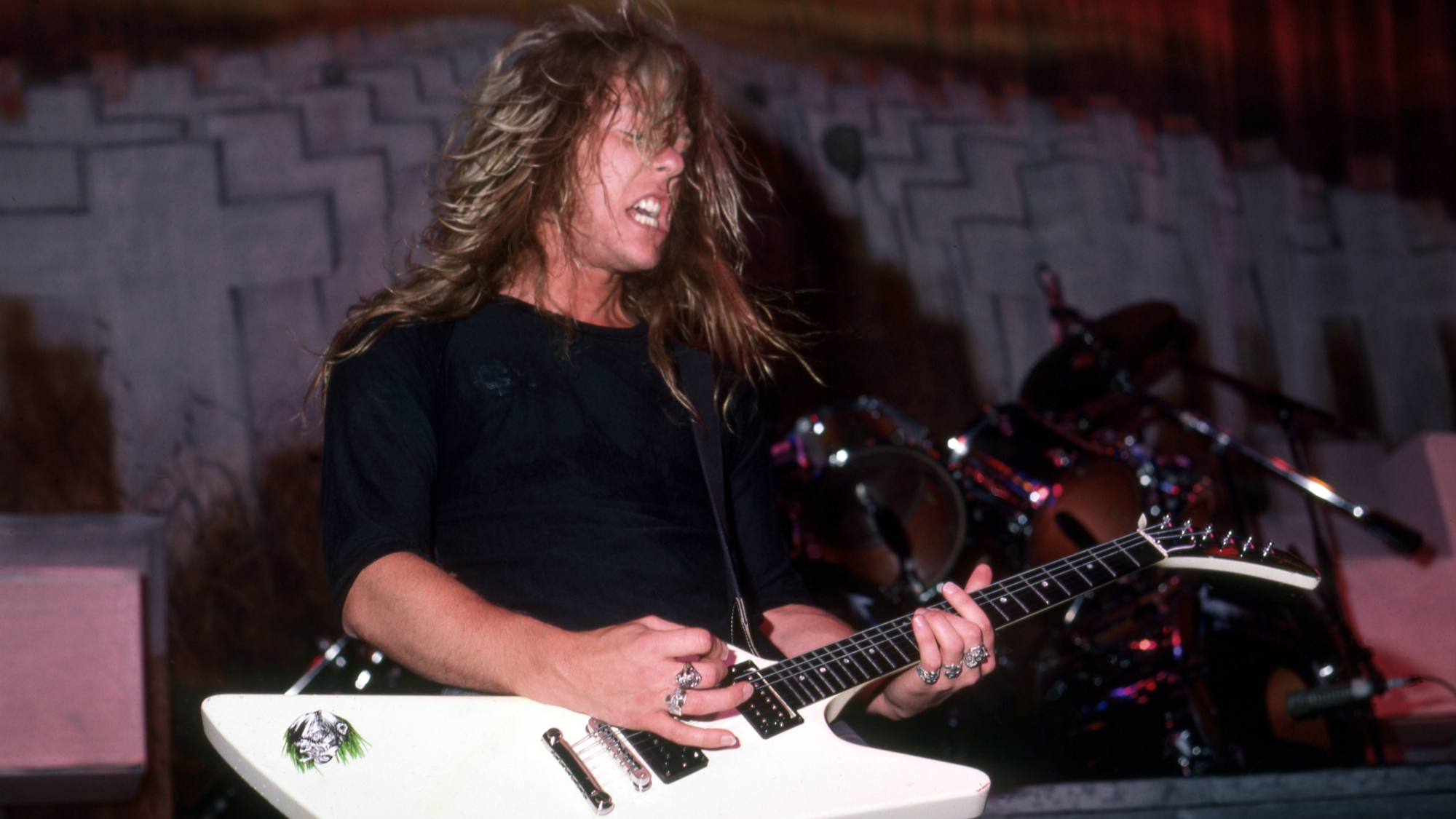
![Joe Bonamassa [left] wears a deep blue suit and polka-dotted shirt and plays his green refin Strat; the late Irish blues legend Rory Gallagher [right] screams and inflicts some punishment on his heavily worn number one Stratocaster.](https://cdn.mos.cms.futurecdn.net/cw28h7UBcTVfTLs7p7eiLe.jpg)


